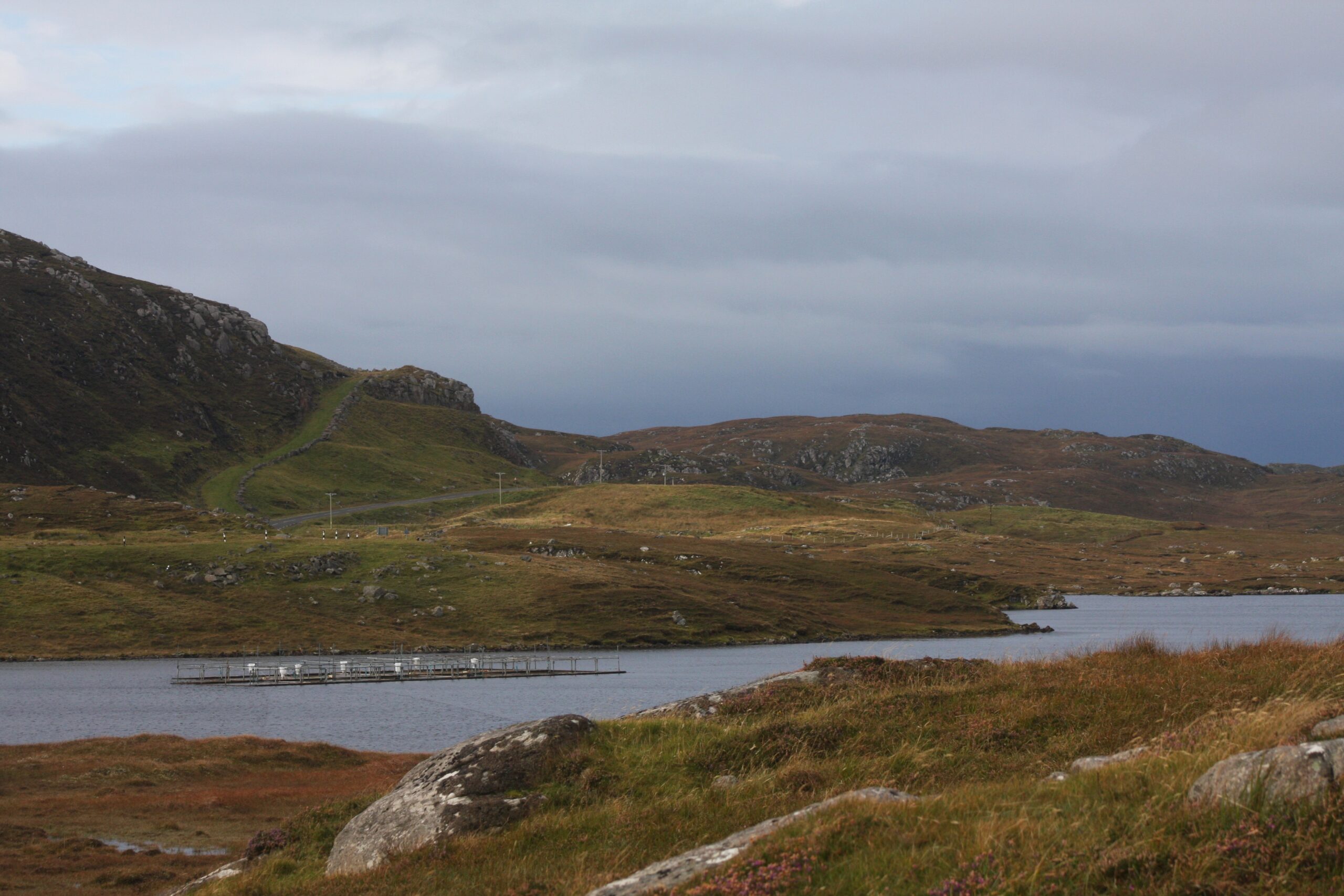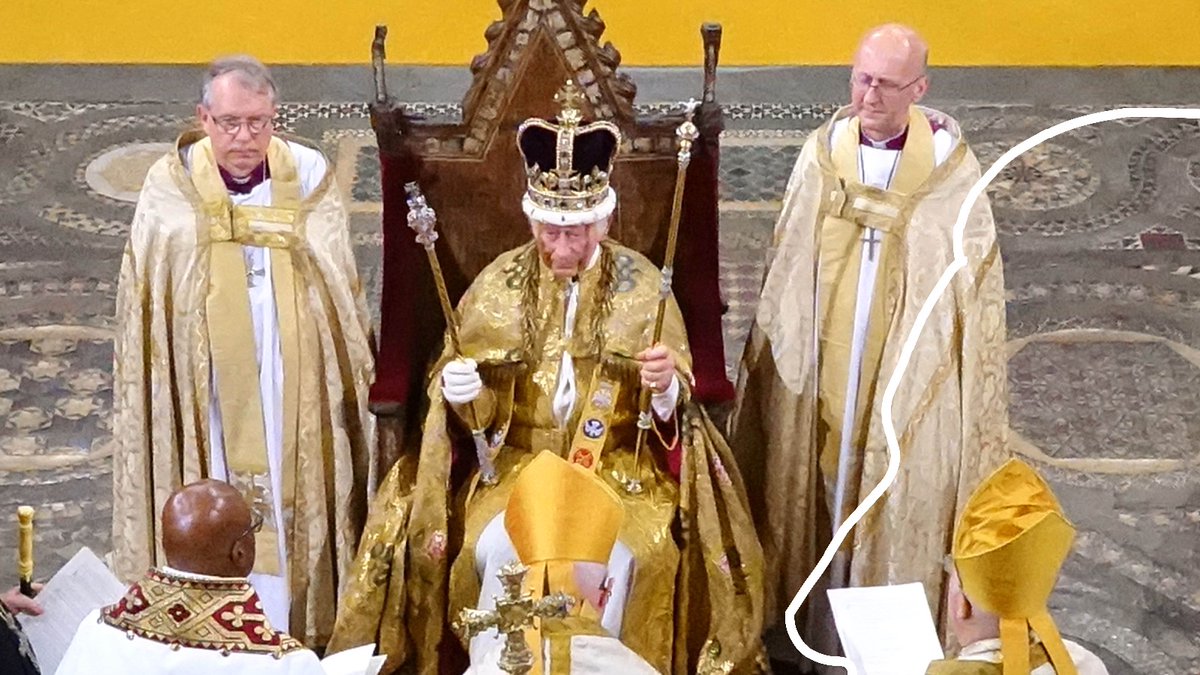The Isle of Lewis in the Outer Hebrides will install sensors to help monitor an estimated 130,000 per year visiting popular tourist attraction the Calanais Stones to better understand patterns
A Scottish island has deployed internet of things technology to help locals manage tourism.
The pilot system will help the Isle of Lewis face the anticipated growth in cruise tourism next year. Installed at the Calanais Stones, which attract more than 130,000 visitors per year, the inter-connected monitoring sensors will allow for a better understanding of patterns in visitor numbers.
Visitor numbers are expected to grow following the launch of a new water terminal in Stornoway. Expected to be operational next year, the terminal will be able to host ships of up to 360m in length, meaning it could accommodate most cruise fleets from across the world.
Related content
- Tourism agency invests in software tool to boost work with online influencers
- Dorset authorities set to create tourism website
- How Bradford Council has worked to keep tourism alive with virtual visits
Supporting the project is supported by IoT specialists at Censis, one of a number of dedicated innovation centres established by the Scottish Government. Another publicly funded body, Highlands and Islands Enterprise is also supporting the programme, as is the Outer Hebrides Cruise Forum.
The Calanais team will access live data via an app, allowing them to predict and accommodate busier periods by ensuring “staffing, stock and opening hours” are appropriate, Ally Longmuir, business development manager at Censius, said.
He said: “This technology can provide accurate real-time data that will undoubtedly support the booming tourism industry in the islands, and we’ve seen success from similar initiatives in the past involving sites on the West Highland Way. We hope to expand the initiative to cover additional sites that will paint a more detailed picture of how visitors are interacting with the island’s key heritage sites.”

This story originally appeared on PublicTechnology sister publication Holyrood





